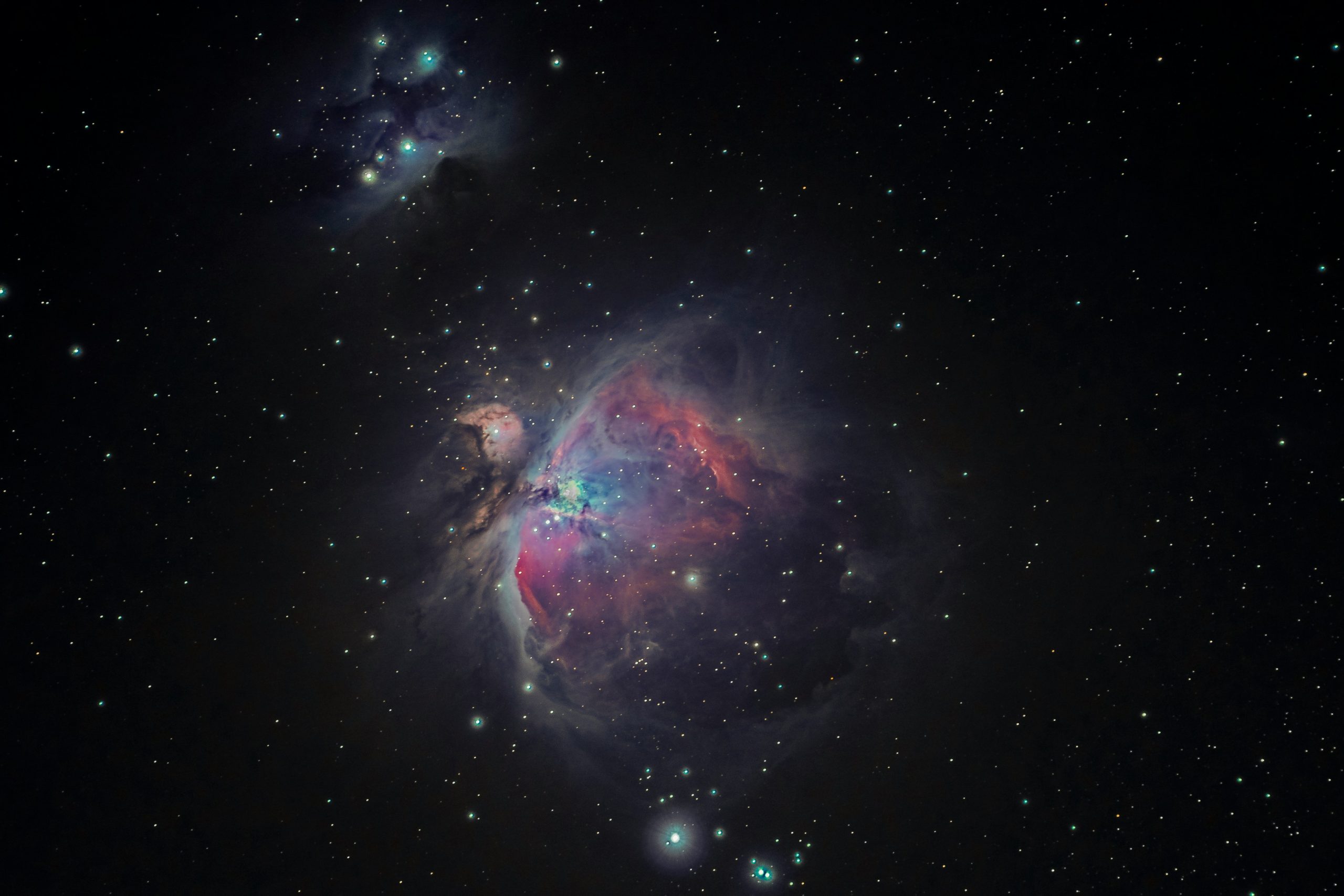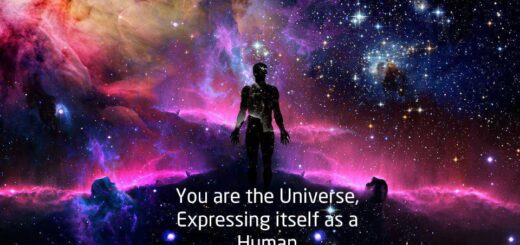Theories of Consciousness: An Overview

Before diving in, please note: This post is for informational purposes only. If you’d like to know more about how we approach topics, feel free to check out our friendly Disclaimer Page.
Hey there, amazing readers! 🖐️ Just a quick note: yes, we know there are a lot of ads here. Trust us, we get it—it’s not the prettiest look, but they help us keep this blog alive and kicking. Those pesky little ads cover the costs of all the behind-the-scenes magic, from hosting and tech stuff to creating content we hope you’ll love.
We’re committed to delivering quality posts, and your support (even just sticking around despite the ads) means everything to us. So, bear with us, and thanks for helping us keep the good vibes rolling. Now, on to the fun stuff! 😉
TRANSLATE BUTTON AT THE END OF THE ARTICLE
Introduction to Theories of Consciousness
Understanding consciousness has been a central challenge in philosophy, psychology, and neuroscience.
Theories of consciousness attempt to explain the nature of our subjective experiences, thoughts, and awareness.
These theories range from dualism, which posits a separation between the mind and body, to emergentism, which suggests that consciousness arises from complex interactions in the brain.
Each theory offers a unique perspective on the enigmatic nature of consciousness and raises fundamental questions about the essence of human existence.
Dualism: Mind-Body Separation
Dualism proposes that the mind and body are distinct entities that exist separately.
This theory, championed by philosophers like René Descartes, suggests that consciousness is not reducible to physical processes in the brain.
Instead, the mind is a non-physical substance that interacts with the body.
Dualism raises intriguing questions about the relationship between mental states and physical phenomena, sparking debates about the nature of consciousness and the implications for free will and personal identity.
Monism: Unity of Mind and Body
Monism, in contrast to dualism, asserts that the mind and body are inseparable components of a unified whole.
This perspective posits that consciousness emerges from physical processes in the brain, with no need for a separate non-physical entity.
Monism comes in various forms, such as materialism and idealism, each offering different explanations for the nature of consciousness and its relationship to the physical world.
Materialism: Consciousness as Physical
Materialism contends that consciousness is a product of physical processes in the brain.
According to this view, mental states are entirely dependent on neural activity and can be understood through the principles of neuroscience.
Materialism seeks to explain consciousness through the lens of empirical science, focusing on the physiological mechanisms that give rise to our subjective experiences.
Idealism: Consciousness as Mental
Idealism proposes that consciousness is fundamental and precedes physical reality.
In this view, the physical world is a manifestation of mental states, suggesting that our perception of reality is shaped by our consciousness.
Idealism challenges traditional notions of reality and raises profound questions about the nature of existence and the relationship between the mind and the external world.
Panpsychism: Consciousness in Everything
Panpsychism suggests that consciousness is a fundamental property of the universe and is present in all things, not just humans or animals.
This theory posits that even inanimate objects possess some form of consciousness or subjective experience.
Panpsychism challenges our understanding of consciousness and the boundaries between living and non-living entities, prompting us to reconsider our place in the interconnected web of existence.
Emergentism: Consciousness as Product
Emergentism proposes that consciousness emerges from complex interactions among neural processes in the brain.
According to this theory, consciousness is not reducible to individual neural components but arises as a result of their collective activity.
Emergentism offers a perspective on how consciousness can arise from physical systems without requiring a separate non-physical entity, shedding light on the mysteries of subjective experience and self-awareness.
Epiphenomenalism: Consciousness as Byproduct
Epiphenomenalism suggests that consciousness is a byproduct of brain activity and does not play an active role in shaping behavior or decision-making.
According to this view, mental states are generated by neural processes, but consciousness itself is causally inert.
Epiphenomenalism raises questions about the nature of free will and the relationship between consciousness and the physical world, challenging our assumptions about the role of subjective experience in shaping our reality.
Functionalism: Consciousness as Function
Functionalism posits that consciousness is defined by its functions and roles in cognitive processes rather than its underlying physical substrate.
According to this perspective, mental states are characterized by their causal roles in information processing and behavior, regardless of the specific neural mechanisms involved.
Functionalism provides a framework for understanding consciousness in terms of its adaptive functions and contributions to cognitive processes, highlighting the dynamic and evolving nature of subjective experience.
Integrated Information Theory
Integrated Information Theory (IIT) proposes that consciousness arises from the integration of information within complex systems.
According to IIT, consciousness is a property of systems that exhibit high levels of integrated information processing, leading to the emergence of subjective experiences.
Explore the Path to Spirituality and Enlightenment – start here.
This theory offers a quantitative measure of consciousness, known as phi, which reflects the degree of informational integration within a system.
IIT provides a framework for understanding how consciousness can emerge from the interactions of neural networks and offers insights into the nature of self-awareness and subjective experience.
Global Workspace Theory
Global Workspace Theory (GWT) suggests that consciousness arises from the global broadcasting of information within the brain.
According to GWT, cognitive processes involve the selective activation of neural networks, leading to the conscious awareness of information that is shared across different brain regions.
This theory posits that consciousness is a dynamic process of information exchange and integration, allowing for the flexible allocation of cognitive resources and the generation of coherent subjective experiences.
GWT provides a model for understanding how attention, memory, and perception contribute to conscious awareness and shape our understanding of the world.
Quantum Consciousness Theories
Quantum Consciousness Theories propose that consciousness is influenced by quantum phenomena within the brain.
These theories suggest that quantum processes, such as superposition and entanglement, play a role in shaping subjective experiences and self-awareness.
Quantum Consciousness Theories challenge traditional views of consciousness by highlighting the potential role of quantum mechanics in understanding the enigmatic nature of subjective experience.
These theories offer a novel perspective on the relationship between consciousness and the fundamental principles of quantum physics, inviting us to explore new avenues for unraveling the mysteries of the mind.
Conclusion
Theories of consciousness offer diverse perspectives on the nature of subjective experience, mental states, and awareness.
From dualism to materialism, from panpsychism to emergentism, each theory provides a unique lens through which to explore the enigmatic realm of consciousness.
Whether consciousness is seen as a byproduct of brain activity, an emergent property of complex systems, or a fundamental aspect of the universe, these theories challenge our understanding of the mind and invite us to navigate the complexities of subjective experience.
By delving into the diverse theories of consciousness, we can unlock the secrets of the mind and gain deeper insights into the essence of human existence.

The Enlightenment Journey is a remarkable collection of writings authored by a distinguished group of experts in the fields of spirituality, new age, and esoteric knowledge.
This anthology features a diverse assembly of well-experienced authors who bring their profound insights and credible perspectives to the forefront.
Each contributor possesses a wealth of knowledge and wisdom, making them authorities in their respective domains.
Together, they offer readers a transformative journey into the realms of spiritual growth, self-discovery, and esoteric enlightenment.
The Enlightenment Journey is a testament to the collective expertise of these luminaries, providing readers with a rich tapestry of ideas and information to illuminate their spiritual path.
Our Diverse Expertise 🌟
While our primary focus is on spirituality and esotericism, we are equally passionate about exploring a wide range of other topics and niches 🌍📚. Our experienced team is dedicated to delivering high-quality, informative content across various subjects ✨.
To ensure we provide the most accurate and valuable insights, we collaborate with trusted experts in their respective domains 🧑🏫👩🏫. This allows us to offer well-rounded perspectives and knowledge to our readers.
Our blog originally focused on spirituality and metaphysics, but we’ve since expanded to cover a wide range of niches. Don’t worry—we continue to publish a lot of articles on spirituality! Frequently visit our blog to explore our diverse content and stay tuned for more insightful reads.





